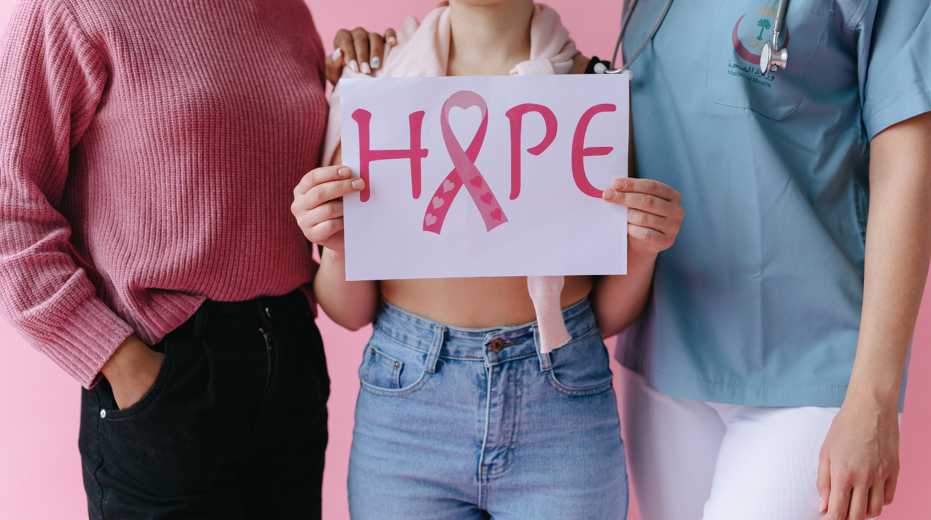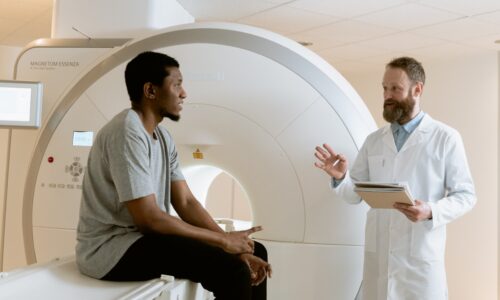Breast Cancer: Myths and Facts with Dr. Priyanka Grover | Health Channel |

In an interview with the Health Channel, Dr. Priyanka Grover, a Breast Imaging Radiologist with Baptist Health South Florida, makes distinctions between some of the myths and facts associated with breast cancer.
The first assertion Dr. Grover talks about the idea that most breast cancers run in families. She says that this is a myth and that about 70 to 80 percent of breast cancers are spontaneous and occur with no prior family history.
The next myth Dr. Grover expounds upon the fact that there is nothing you can do to lower your risk of breast cancer. Dr. Grover explains that having a healthy diet, exercising regularly, lowering your BMI, and decreasing your alcohol intake can lower your risk for breast cancer. “Studies have proven that increased alcohol intake in women predisposes them to risk of breast cancer,” Dr. Grover asserts.
Another misconception that Dr. Grover says her patients always have is that underwire bras can cause breast cancer. Dr. Grover says that this just is not true. “There are no proven scientific studies to confirm that,” she adds.
Some people think that deodorants can cause breast cancer, Dr. Grover explains that this is also a myth. She says that deodorants and antiperspirants are just like any other everyday substance containing aluminum and zinc and that there is no scientific proof that they cause breast cancer.
To watch the full segment of Dr. Priyanka Grover shedding light on common myths surrounding breast cancer, visit the Health Channel’s YouTube channel at: https://www.youtube.com/c/AllHealthGo








